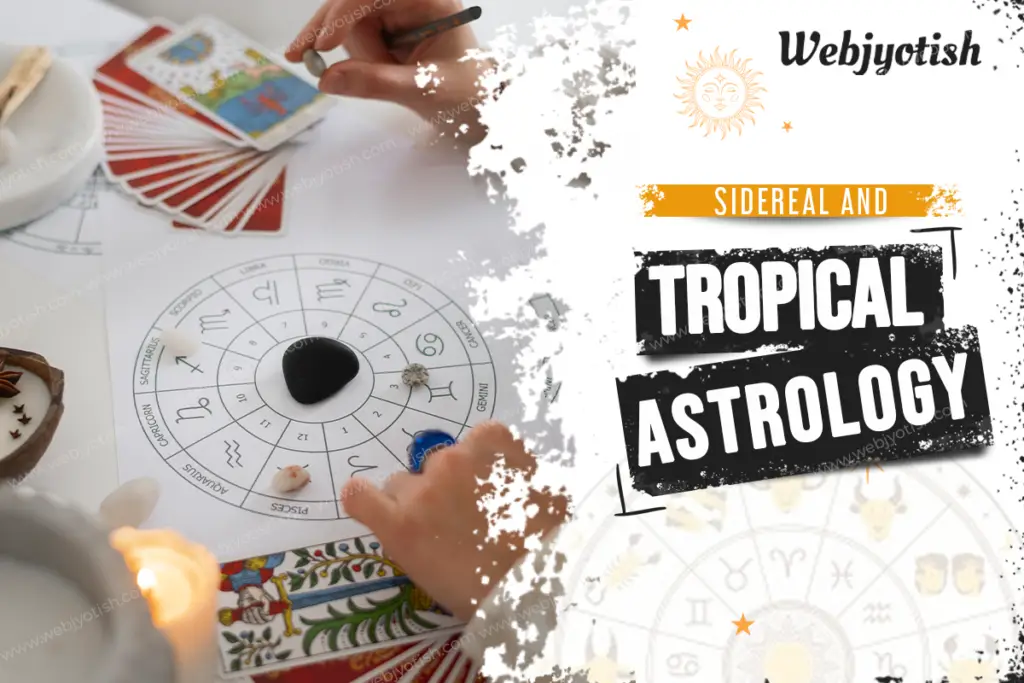9 planets in Vedic Astrology
9 planets in vedic astrology that influence human affairs are Surya (Sun), Chandra (Moon), Mangala (Mars), Budha (Mercury), Brihaspati (Jupiter), Shukra (Venus), Shani (Saturn), Rahu and Ketu. Planets contain different types of energies and their positions in our horoscope tell a lot about us, our loved ones, money, and future. Here are the 9 planets and their general effects : Individual influence of each planet depends on its position, its motion, aspects etc. Astrological reading gives detailed information about the effect of these cosmic bodies on one’s life from the time of birth to death. In astrology, the planets are considered to be celestial bodies that have an influence on human affairs and the natural world. The classical planets, which are the seven celestial bodies that were known to the ancient Greeks and Romans, include: Meaning of Planets in Astrology : In addition to the classical planets, astrology also includes the Sun and the Moon as important celestial bodies. The Sun is associated with the ego, the self, and the personality, while the Moon is associated with emotions, the unconscious, and the domestic sphere. Some astrological traditions also include the dwarf planet Pluto and the asteroids as significant celestial bodies. In modern Western astrology, for example, Pluto is associated with transformation, power, and rebirth, while the asteroids are often used to represent specific concepts or archetypes. Planets and their effects in astrology : In astrology, the planets are thought to have different energies and associations, and their positions in the horoscope can indicate the qualities and characteristics that a person is likely to have. Here is a brief overview of some of the general effects that the classical planets are thought to have in astrology: It is important to note that the effects of the planets can be modified by the aspects (angles) they form with other celestial bodies in the horoscope, as well as by their placement in the astrological houses (areas of life). Which planet is powerful in astrology ? In astrology, it is generally believed that all of the planets have their own unique energies and associations, and that each can be either benefic (positive) or malefic (negative) depending on the context of the horoscope. As such, it is not accurate to say that one planet is “more powerful” than another in absolute terms. However, some astrologers believe that certain planets are more influential in certain areas of life, or that they have a particularly strong influence when they are prominently placed in the horoscope. For example, the sun is often considered to be a powerful planet because it is the center of the solar system and is associated with the ego, the self, and the personality. The moon is also considered to be influential because it represents the emotional and instinctual side of the personality and has a strong influence on the tides and rhythms of nature. In traditional astrology, the planets were also ranked in order of dignity, with some planets considered to be more powerful when they were in certain signs of the zodiac. For example, Saturn was traditionally considered to be most powerful when it was in the sign of Aquarius, while Jupiter was considered to be most powerful when it was in the sign of Sagittarius. Ultimately, the importance and influence of each planet in a horoscope will depend on the specific context and the individual interpretation of the astrologer.



